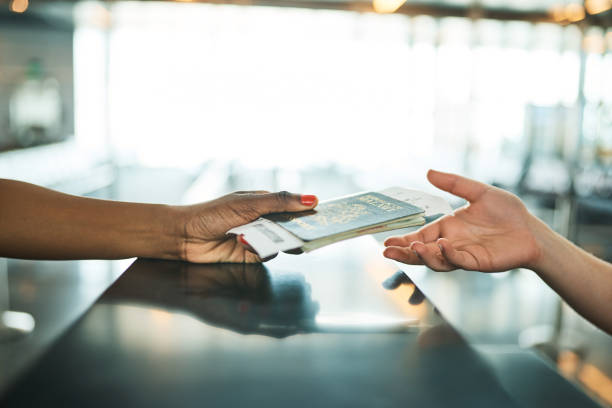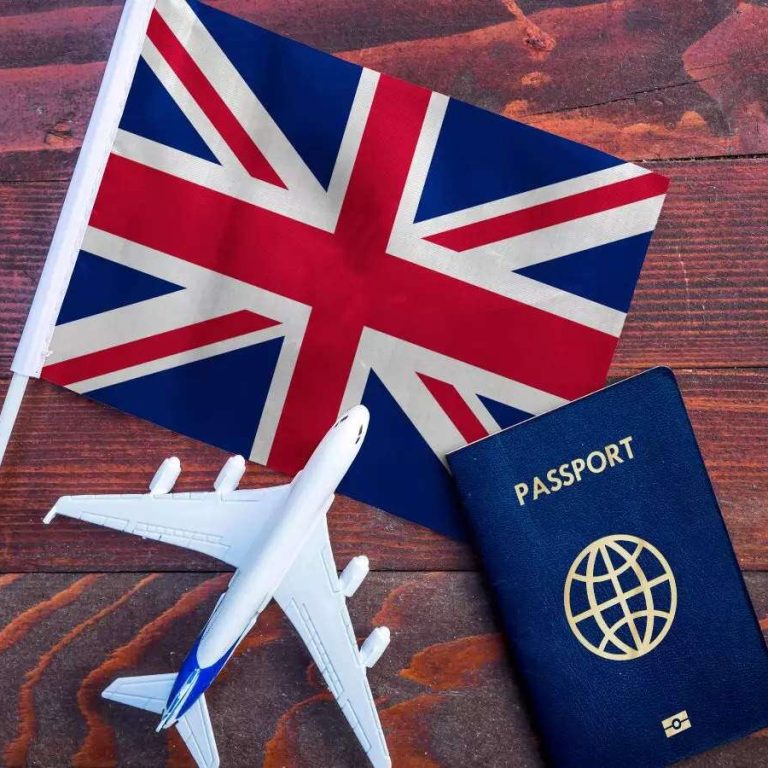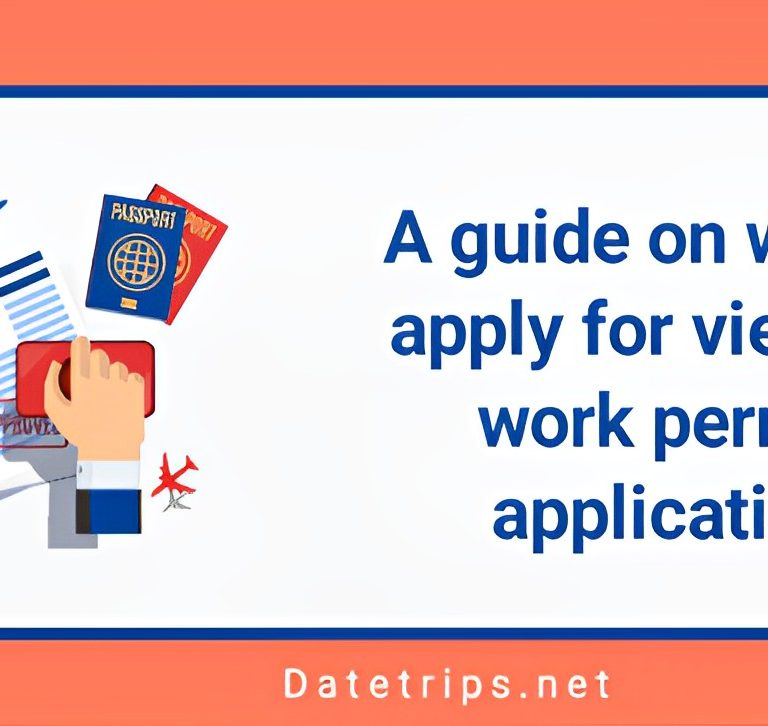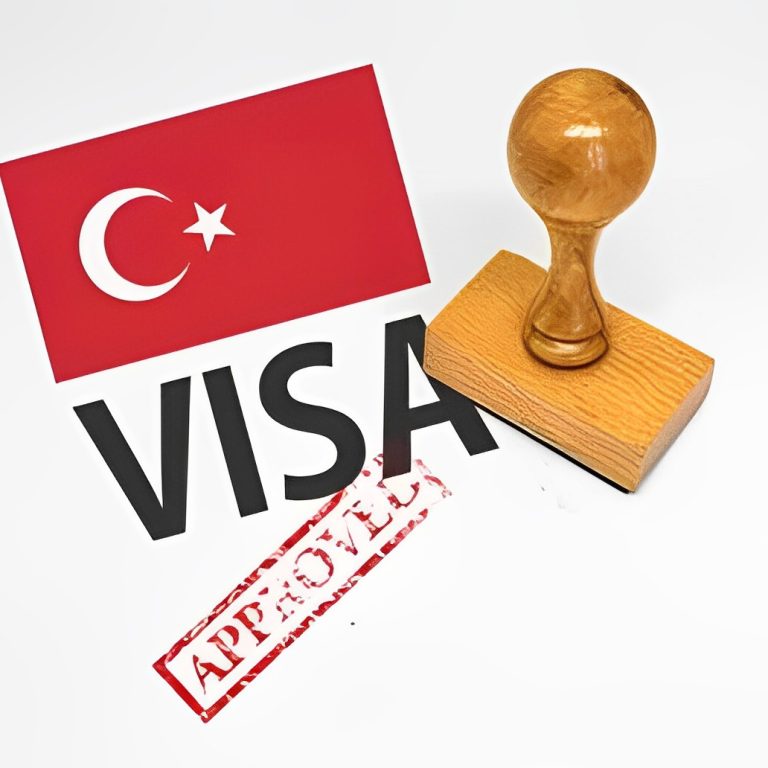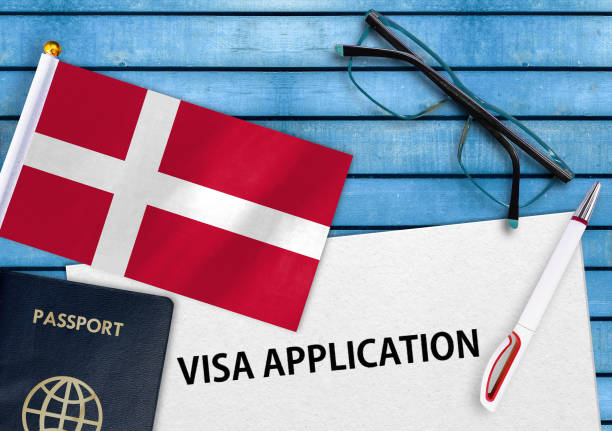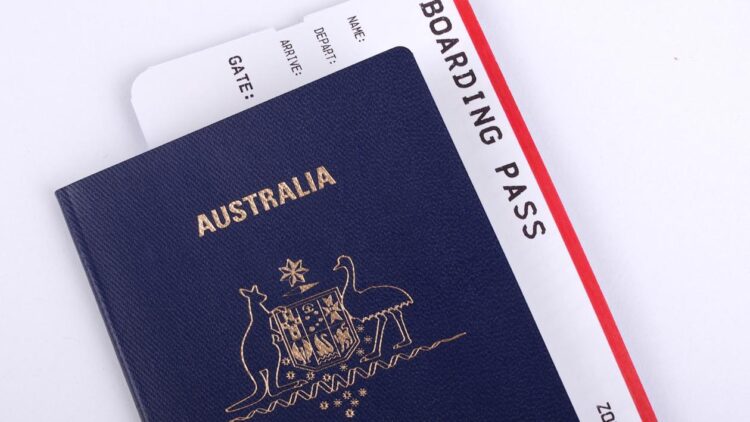Visa Interview Tips: How to Ace Your Appointment with Confidence
Discover essential visa interview tips and expert advice to help you ace your appointment with confidence. Learn how to prepare effectively, anticipate common questions, and showcase your qualifications to increase your chances of success. Gain valuable insights and strategies to navigate the visa interview process smoothly and leave a lasting impression on the consular officer. Unlock the secrets to a successful visa interview and embark on your journey with confidence.
Tips
| Tips | Description |
| Research visa requirements | Thoroughly understand the specific visa requirements for your destination country to ensure you have all the necessary documents and meet the eligibility criteria. |
| Prepare your documents | Gather and organize all required documents, such as passport, visa application, supporting financial statements, educational certificates, employment letters, and more. |
| Practice common interview questions | Prepare answers to common interview questions related to your purpose of travel, plans, intentions, ties to your home country, and any other relevant inquiries by consular officers. |
| Demonstrate strong ties to your home | Highlight your connections and commitments to your home country, such as family, property, job, or studies, to assure the consular officer that you have reasons to return after your trip. |
| Dress professionally | Dress appropriately and professionally for the interview to make a good impression. Opt for formal or business attire, maintaining a neat and well-groomed appearance. |
| Arrive early | Plan to arrive at the embassy or consulate well ahead of your scheduled interview time to allow for any unexpected delays or security procedures. |
| Be confident and composed | Maintain a calm and confident demeanor throughout the interview. Speak clearly, make eye contact, and articulate your responses with confidence. |
| Be honest and concise | Provide honest and concise answers to the questions asked. Avoid unnecessary details or exaggerations that may raise suspicion or confusion. |
| Stay focused and listen attentively | Pay close attention to the questions asked and respond accordingly. Avoid interrupting the consular officer and stay focused on the purpose of the interview. |
| Follow-up with a thank-you note | After the interview, consider sending a brief thank-you note or email to express your gratitude for the opportunity. This gesture demonstrates your professionalism and courtesy. |
Research visa requirements:
Before attending your visa interview, it is crucial to thoroughly research and understand the specific visa requirements for your destination country. Each country has its own set of rules and regulations, and being familiar with them will ensure that you have all the necessary documents and meet the eligibility criteria. Visit the official embassy or consulate website of the country you’re planning to visit or migrate to and review the visa application process, required forms, supporting documents, and any additional prerequisites.
Prepare your documents:
Once you understand the visa requirements, it’s time to gather and organize all the required documents. Start by creating a checklist to ensure you don’t miss any crucial paperwork. Common documents include your passport, visa application form, proof of financial stability (such as bank statements, tax returns, or sponsorship letters), educational certificates, employment letters, travel itineraries, and accommodation details. Make sure to make copies of all the documents and keep them in a secure folder or file.
Practice common interview questions:
The visa interview typically involves a series of questions related to your purpose of travel, plans, intentions, ties to your home country, and any other relevant inquiries. To prepare for these questions, create a list of common interview questions and practice your responses. This will help you articulate your answers more confidently during the actual interview. Consider seeking assistance from friends, family, or immigration consultants to conduct mock interviews and provide feedback on your performance.
Demonstrate strong ties to your home country:
One of the main concerns of consular officers is ensuring that visa applicants have genuine intentions to return to their home country after their visit. To address this concern, it is crucial to demonstrate strong ties to your home country during the interview. Highlight your connections and commitments, such as family, property ownership, ongoing education, or employment opportunities that provide compelling reasons for your return. This will help assure the consular officer that you have no intention of overstaying your visa or immigrating illegally.
Dress professionally:
First impressions matter, and dressing professionally for your visa interview can make a positive impact. Choose appropriate attire that aligns with the formality of the occasion. Opt for formal or business attire, ensuring that your clothes are clean, well-fitted, and well-groomed. Remember, your appearance should reflect your seriousness and respect for the visa process.
Arrive early:
Plan your journey to the embassy or consulate carefully, allowing ample time to arrive well ahead of your scheduled interview. This extra time accounts for any unexpected delays, such as traffic or security procedures. Arriving early not only demonstrates your punctuality but also helps you stay calm and composed before the interview. It also allows you to familiarize yourself with the surroundings and any necessary entry procedures.
Be confident and composed:
During the interview, it’s important to maintain a calm and confident demeanor. Confidence shows that you are well-prepared and genuine in your intentions. Speak clearly, make eye contact, and articulate your responses confidently. Avoid fidgeting, mumbling, or appearing overly nervous. Take a moment to breathe and compose you before answering each question.
Be honest and concise:
Honesty is crucial in the visa interview process. Consular officers are skilled at identifying inconsistencies or falsehoods in your responses. Provide truthful and concise answers to the questions asked. Avoid unnecessary details or exaggerations that may raise suspicion or confusion. If you don’t understand a question, politely ask for clarification instead of providing an incorrect or misleading answer.
Stay focused and listens attentively:
During the interview, it is important to pay close attention to the questions asked by the consular officer. Listen attentively and respond accordingly. Avoid interrupting the interviewer and make sure your answers directly address the question asked. Stay focused on the purpose of the interview and avoids getting sidetracked or providing irrelevant information.
Follow-up with a thank-you note:
After the interview, it is considered courteous to send a brief thank-you note or email to the consular officer. Express your gratitude for the opportunity to attend the interview and for their time and consideration. This gesture demonstrates your professionalism and leaves a positive impression. Keep the note concise and polite, and avoid discussing any additional information or questions in the follow-up message.
Pros and Cons
| Pros | Cons |
| Provides an opportunity to present your case | Can be a nerve-wracking and stressful experience |
| Allows you to demonstrate your genuine intentions | Consular officer’s decision is final and not always predictable |
| Offers a chance to address any concerns or doubts | Limited time to make your case |
| Gives you the opportunity to clarify any information | Possibility of language barriers or miscommunication |
| Allows you to showcase your qualifications and ties | Subject to the discretion of the consular officer |
| Provides a platform to discuss your travel plans | Inconsistencies or discrepancies in your application may arise |
| Allows for face-to-face interaction and personal touch | The outcome may not always be in your favor |
| Offers a chance to make a positive impression | Additional delays or processing time may be required |
Conclusion
In conclusion, the visa interview is a crucial step in the process of obtaining a visa for international travel or migration. While it can be a nerve-wracking experience, adequate preparation and understanding of the process can greatly increase your chances of success.
By conducting thorough research on the visa requirements, gathering and organizing all necessary documents, and practicing common interview questions, you can approach the interview with confidence. Demonstrating strong ties to your home country and dressing professionally can further enhance your chances of leaving a positive impression on the consular officer.
It is essential to be honest and concise in your responses, listening attentively to the questions asked, and maintaining a calm and composed demeanor throughout the interview. Remember to stay focused on the purpose of the interview and avoid providing irrelevant information.
While the consular officer’s decision is final and may not always be predictable, the visa interview provides an opportunity to present your case, address any concerns, and clarify information. It allows you to showcase your qualifications, intentions, and travel plans, and make a positive impression.
However, it’s important to acknowledge that there are certain cons to the visa interview process. It can be a stressful experience, subject to the consular officer’s discretion, and there may be limited time to make your case. Language barriers or miscommunication can also pose challenges, and there is a possibility that the outcome may not always be in your favor.
By weighing the pros and cons, you can approach the visa interview process with realistic expectations. It is advisable to consult official embassy or consulate resources, seek guidance from immigration professionals if needed, and maintain a positive and professional attitude throughout the process.
Remember, the visa interview is just one step in your journey. Regardless of the outcome, it’s important to remain persistent and explore alternative options if necessary. With adequate preparation, confidence, and a genuine approach, you can navigate the visa interview process with a higher chance of success.
FAQs
What is a visa interview?
A visa interview is a face-to-face meeting between a visa applicant and a consular officer at an embassy or consulate. It is a crucial step in the visa application process to assess the applicant’s eligibility, intentions, and qualifications for the requested visa.
How should I prepare for a visa interview?
To prepare for a visa interview, research the specific visa requirements, gather and organize all necessary documents, practice common interview questions, demonstrate strong ties to your home country, dress professionally, arrive early, and maintain a confident and composed demeanor.
What kind of questions can I expect in a visa interview?
The questions asked during a visa interview may vary depending on the country and type of visa. However, common questions relate to your purpose of travel, plans, ties to your home country, financial stability, educational background, and employment history. It’s advisable to anticipate these questions and prepare well-thought-out answers.
How can I demonstrate strong ties to my home country?
To demonstrate strong ties to your home country, highlight your family connections, property ownership, ongoing education, job commitments, or any other significant responsibilities that provide compelling reasons for your return after your visit.
What should I wear to a visa interview?
It is important to dress professionally for a visa interview. Opt for formal or business attire, such as a suit or a conservative dress, to create a positive impression. Ensure that your clothes are clean, well-fitted, and well-groomed.
What should I do if I don’t understand a question during the interview?
If you don’t understand a question, politely ask the consular officer for clarification. It is better to seek clarity than to provide an incorrect or misleading answer. Clear communication is crucial during the interview process.
Can I appeal a visa denial after the interview?
The appeal process and possibilities for visa denial vary by country and visa type. In some cases, you may have the option to appeal the decision or reapply for the visa after a certain period. It is best to consult the embassy or consulate’s official website or seek advice from immigration professionals for specific information.
What should I do after the visa interview?
After the visa interview, it is advisable to send a brief thank-you note or email to the consular officer to express your gratitude for the opportunity. However, avoid discussing any additional information or questions in the follow-up message.

